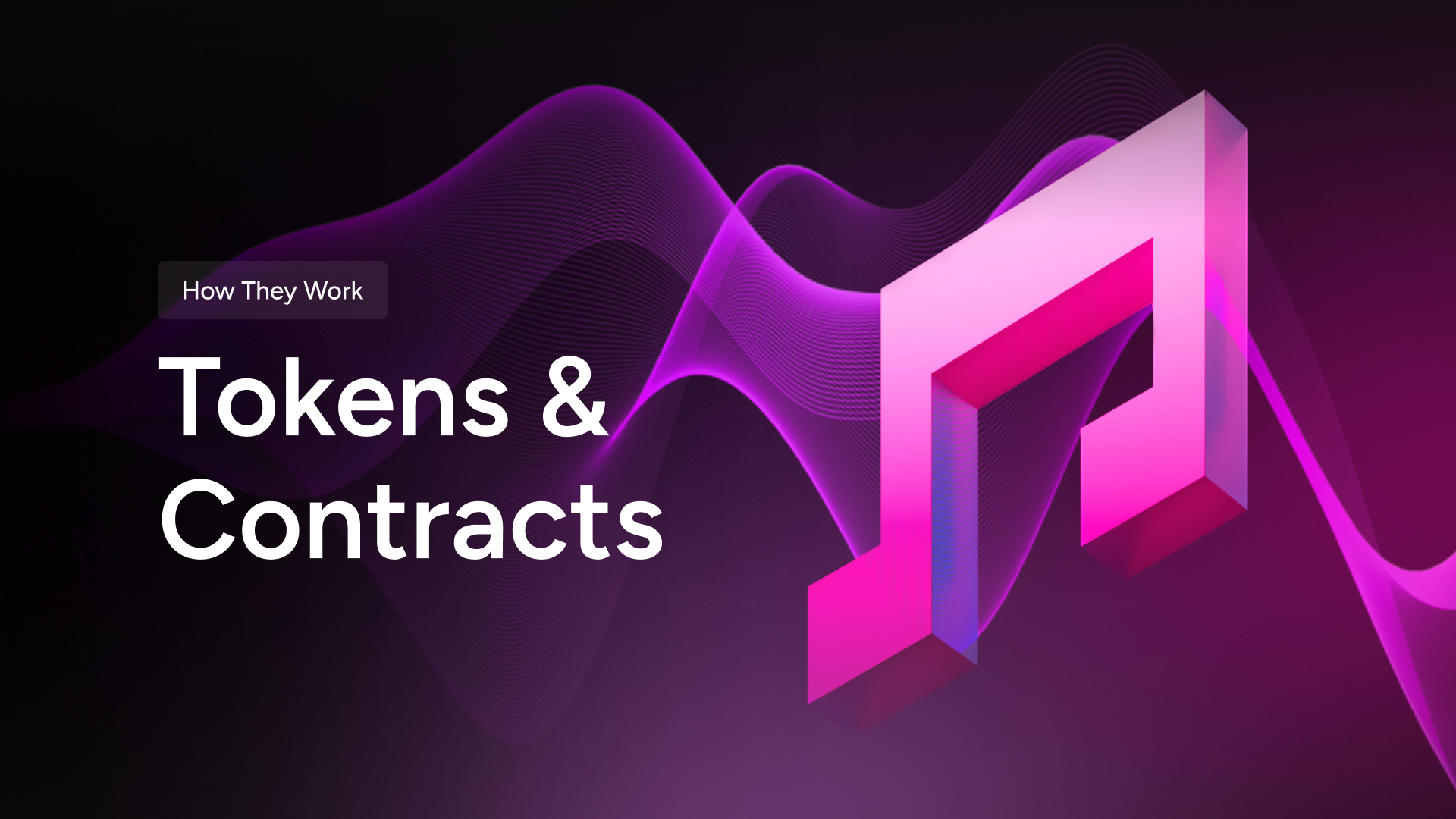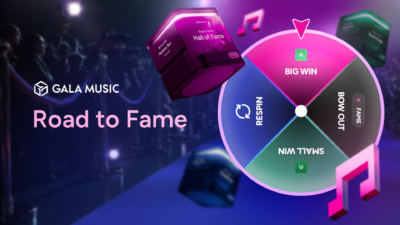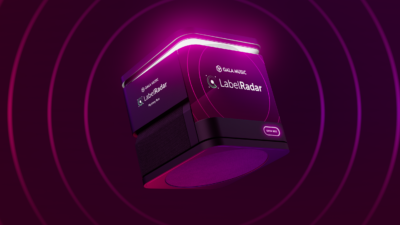As we continue to explore the limitless possibilities of blockchain technology in enhancing the music experience, it’s essential for our community members, especially those new to blockchain, to grasp some fundamental concepts that make all of this possible. While at first these ideas may seem daunting, a short study will increase your confidence, helping you understand why this tech is so groundbreaking and why we’re so excited.
This quick guide will cover four key components: Smart Contracts, Token Standards, Token IDs, and Block Explorers.
Smart Contracts: Blockchain’s Backbone
What are Smart Contracts?
Basically, a smart contract is a self-executing contract with the terms of the agreement directly written into lines of code.
Smart contracts automatically execute transactions and enforce agreements between parties, eliminating the need for intermediaries. This makes transactions faster, cheaper, and more transparent. Everyone reading this who has dealt with paper contracts of any kind will certainly realize how tedious and difficult they can be. Self-executing contracts are one of the most important features of web3 tech.
How do they work?
Smart contracts operate on an ‘if/when…then…’ principle, which means actions are triggered when predefined conditions are met. For example, Gala Music smart contracts can:
- Automate Track Distribution and Sales: Blockchain contracts manage the execution of sales and handle the issuing of digital tracks in various rarity tiers.
- Facilitate Reward Distribution: Smart contracts calculate and distribute $MUSIC tokens to track owners, Jukebox Node operators and artists based on track popularity metrics from the platform’s Popularity Algorithm.
- Operate Jukebox Nodes: Various contracts automate the operations of Jukebox Nodes which host music tracks, coordinating between track owners who want their music hosted and node operators who provide the hosting service.
- Enable Ecosystem Incentives: A system of smart contracts makes it possible to incentivize user participation by automating rewards for activities like promoting Gala Music, referring new users, listening for rewards and other actions beneficial to the ecosystem’s growth.
- Regulate $MUSIC Tokenomics: Smart contracts govern the creation, distribution and other overall supply management of the $MUSIC token, using a dynamic supply mechanism that responds to ecosystem activity, working to prevent oversupply or undersupply.
- Govern Artist and Fan Interactions: Contracts automate the flow of features like All Access Experiences, early access sales, direct artist tipping and locking in $MUSIC to support individual artists.
- Secure Transactions: Smart contracts are in place to ensure all transactions within the platform, from track purchases to node operations, are executed securely and transparently, reducing the risk of fraud and enhancing trust within the community.
Please note that this list of examples is not exhaustive. There are many ways that smart contracts enrich your music experience through the power of GalaChain and web3; these are just a few.
Token Standards: Defining the Rules for Digital Assets
What are Token Standards?
Token standards are predefined templates that developers use to create new crypto tokens. These standards ensure compatibility with the broader ecosystem, including wallets, exchanges, and other smart contracts.
Popular Token Standards
To understand the tokens used in the GalaChain ecosystem, it is important to grasp the two main Ethereum based token standards. Both have counterparts on the GalaChain blockchain.
- ERC-20: The most common standard for creating fungible tokens on the Ethereum blockchain. Fungible tokens are identical and interchangeable, much like traditional currency. $GALA and $MUSIC are examples of ERC-20 tokens, as units of these tokens are indistinguishable from one another.
- ERC-721: A standard for non-fungible tokens (NFTs), which are unique and can represent ownership of specific items, like digital artwork or certain collectibles. Every ERC-721 has a unique Token ID.
- ERC-1155: This versatile token standard allows for creating and managing multiple types of tokens within a single smart contract. ERC-1155 tokens can include both fungible and non-fungible tokens. Gala Music track NFTs are created using the ERC-1155 token standard and minted directly to GalaChain when purchased.
Token ID: Unique Identifiers for NFTs
Understanding Token IDs
A Token ID is a unique identifier assigned to each NFT, distinguishing it from every other token. In the context of Gala Music, each NFT could represent a unique NFT track or collectible, with its Token ID confirming its authenticity and ownership.
Role of Token IDs
Token IDs play a crucial role in the digital economy, providing a way to verify, track, and trade digital assets securely on the blockchain. They help maintain the integrity of transactions and ensure that each item’s history is transparent.
Block Explorers: Navigating the Blockchain
What is a Block Explorer?
A block explorer is an online tool to view all transactions that have taken place on the blockchain, including transaction histories and balances of addresses. It’s like a search engine for the blockchain.
How to Use a Block Explorer
To use a block explorer in Gala Music, a user might input a transaction ID or wallet address to see the transaction details, including the number of tokens transferred and when the transaction occurred. This tool is invaluable for verifying transactions and ensuring the transparency of the blockchain. Using GalaChain’s open source SDK (Software Development Kit), the GalaChain community has built several effective blockchain explorers, listed below:
- GalaChain Explorer – https://galachainexplorer.com/ – By Gingerbreadman
- Gala Tracker –https://galatracker.com/ – by Hottoshotto
- Gytrace – https://gytrace.com – By Kelvin
- Achis – https://achis.net/ – By LeFausté
Empower Yourself
By understanding smart contracts, token standards, Token IDs, and how to use block explorers, our community can fully appreciate the security, transparency and efficiency of web3 benefits to the music industry.





